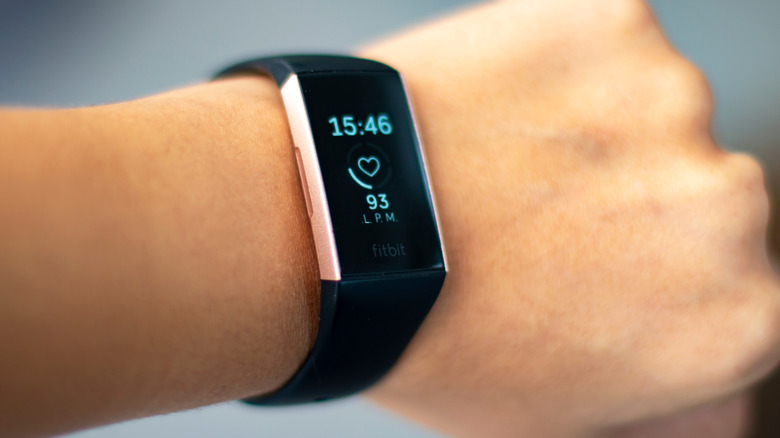How Fitness Trackers Can Aid In The Treatment And Study Of Covid-19
As the global COVID-19 pandemic rages on, new research is being ever completed on its virality, its relationship to vaccines, and its lingering effects both in those who have had it and on society as a whole. For example, the virus' newest variant, the delta variant, is currently being researched for how vaccines interact with it, and mask mandates may even return based on the emergence of new variants such as this one.
The study of long-lasting effects from contracting the coronavirus is a hot commodity at present, and scientists may have just uncovered a tool that will greatly help them in their research – the Fitbit (and other fitness trackers). According to Medscape, studies on the long-term effects of COVID-19 are only just beginning due to the pandemic only being roughly a year and a half old, but current research suggests that people who contract COVID-19 can experience its lingerie effects for at least two to three months, "but with substantial intra-individual variability," following their contraction of it. This is bad news due to the virus' ability to mess with your breathing, immune system, and respiratory system at large.
This is how Fitbits are aiding COVID-19 researchers
Fitbits and other fitness trackers are particularly apt in COVID-19 medical studies because they track respiratory vitals, such as breathing and heart rate, among other factors (via Medscape). Scientists can then use these vitals in comparison to those who haven't had COVID-19, along with these people's pre-contraction vitals, to make calls on how the virus is affecting people long-term — and on how long it's going to impact them.
Medscape noted that current studies show that, of everyone tested, those that tested positive for COVID-19 took longer to return to normal breathing levels, normal sleep, and normal activity levels than their counterparts who didn't contract the virus. Furthermore, according to People, those who had COVID-19 took an average of 79 days to return to normal heart rate levels, while 14% had elevated heart rates for more than four and a half months after contracting the virus.
In short, "There was a much larger change in resting heart rate for individuals who had COVID compared to other viral infections," explained epidemiologist Dr. Jennifer Radin (via The New York Times). "Lots of people who get COVID end up getting autonomic dysfunction and a kind of ongoing inflammation, and this may adversely affect their body's ability to regulate their pulse," she continued.
Ultimately, fitness trackers are proving to be more useful than just counting your daily steps. Now, they're scientific tools of measurement, and they can help you monitor your own vitals at home.

